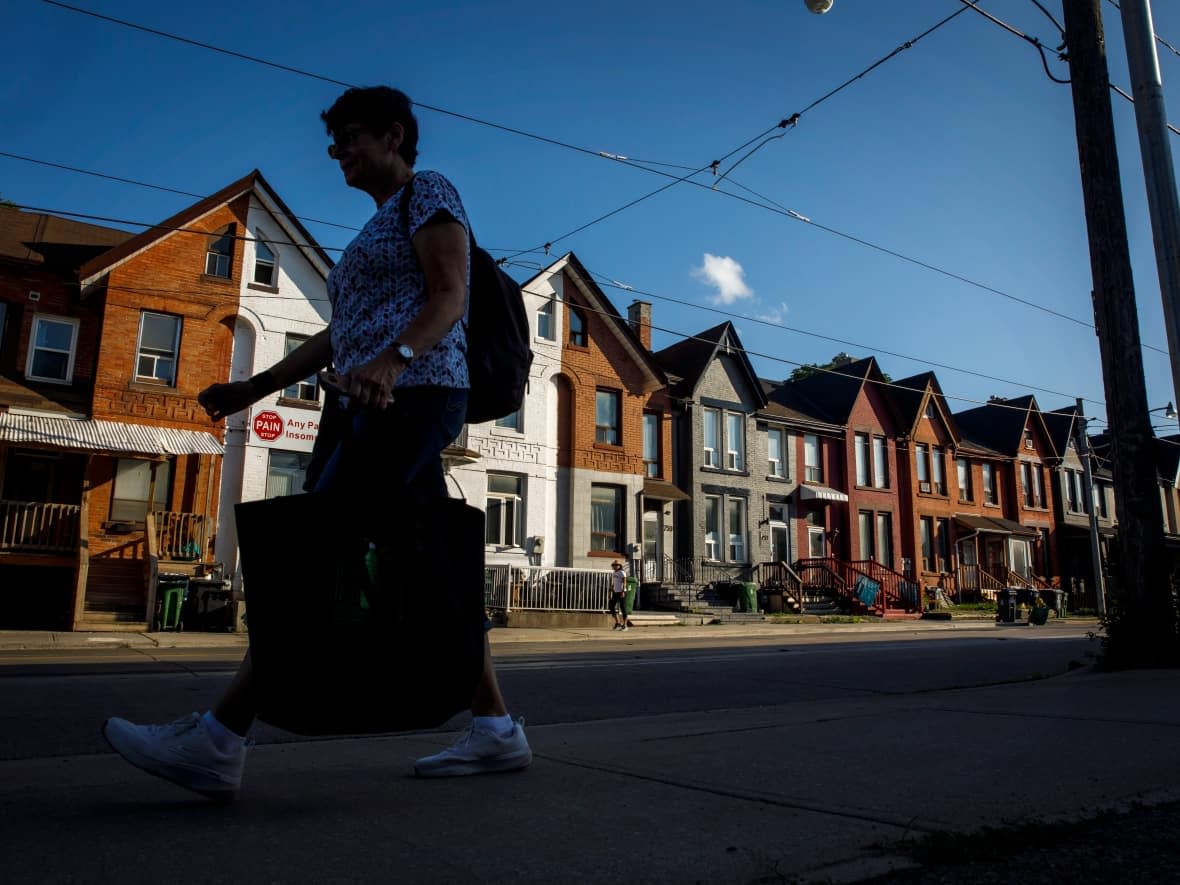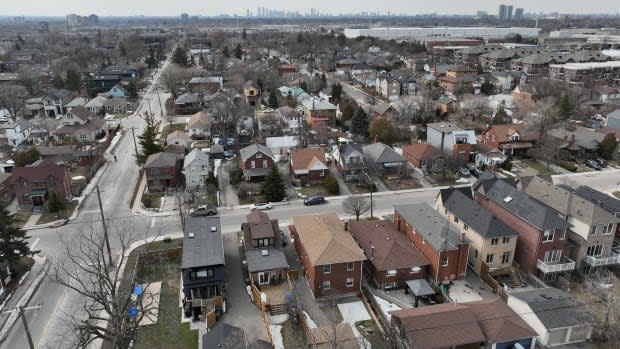Toronto launches new portal aimed at boosting transparency around housing plan

The city has launched a new online data hub aimed at improving transparency around its recently approved plan to build more housing across Toronto.
The Toronto Housing Data Hub is a public dashboard compiled of data related to affordable rental and subsidized housing, including:
The status of affordable rental homes that are approved, under construction or completed.
Details on rental units that have been demolished or replaced.
Data on waiting list applications for social housing.
Maps showing where affordable rental projects will be located.

This new reporting system comes three months after Toronto City Council voted overwhelmingly in favour of a proposal from former mayor John Tory to create a "housing action plan" that could see major changes to zoning bylaws, including allowing the building of multiplexes on all residential lots and legalizing rooming houses.
On Tuesday, city staff brought a report to Tory's executive committee about how to put the plan into action. The report outlined 54 initiatives to tackle affordable housing over the next four years. Of those, 37 are expected to be completed by the end of 2023.
Some of the key priorities include removing policy and zoning barriers to building housing, leveraging public lands to increase housing supply and supporting the development of a range of purpose-built rental homes through new policies and programs.
Staff are also recommending the city establish an advisory committee to oversee and track the city's progress in developing adequate housing.
City staff are expected to report back by the end of the year on their progress with the new action plan.
City to 'achieve or exceed' target of 285,000 new homes
The housing action plan also begins the process of updating the city's regulations in an effort to meet or exceed the target of building 285,000 homes over the next decade — a goal introduced by the province to spur and speed up development.
The city's chief planner says with this "aggressive" new plan, the city will "achieve or exceed that target.
"We know that the market itself needs to be sized and equipped for the capacity to deliver a lot more housing than it does right now," Gregg Lintern told the city's executive committee on Tuesday.
Coun. Brad Bradford agreed.
"We're going to make it a lot easier to build housing in Toronto," said Bradford, who is chair of the Planning and Housing Committee.
"There's a lot of opportunities here in Toronto for housing, they just haven't been brought forward in a coordinated fashion."
But the province's decade-long target is "at risk" without money from the Ontario government, the report argues.
"It cannot be done in a vacuum without the support to pay for the infrastructure that will enable that growth," Bradford said.
This comes amid criticism over the Ford government's Bill 23, which freezes, reduces and exempts the fees developers pay to build affordable housing, non-profit housing and inclusionary zoning units. Municipalities have warned that the bill could leave them short billions, and thus further from the province's 10-year benchmark.

But it's not just about increased funding, one housing advocate argues. Bilal Akhtar, a volunteer with More Neighbours, is urging both the provincial and federal governments to step in with broader solutions to help the city reach its housing goal, such as tackling the labour shortage among construction workers.
"Those are the types of synergies we need to see to make this plan successful," Akhtar said.
"This plan on its own will not lead to 285,000 homes in the next 10 years."
Next month, staff are expected to bring forward final recommendations to the city's housing committee on legalizing multiplexes of up to four units in neighbourhoods citywide.


